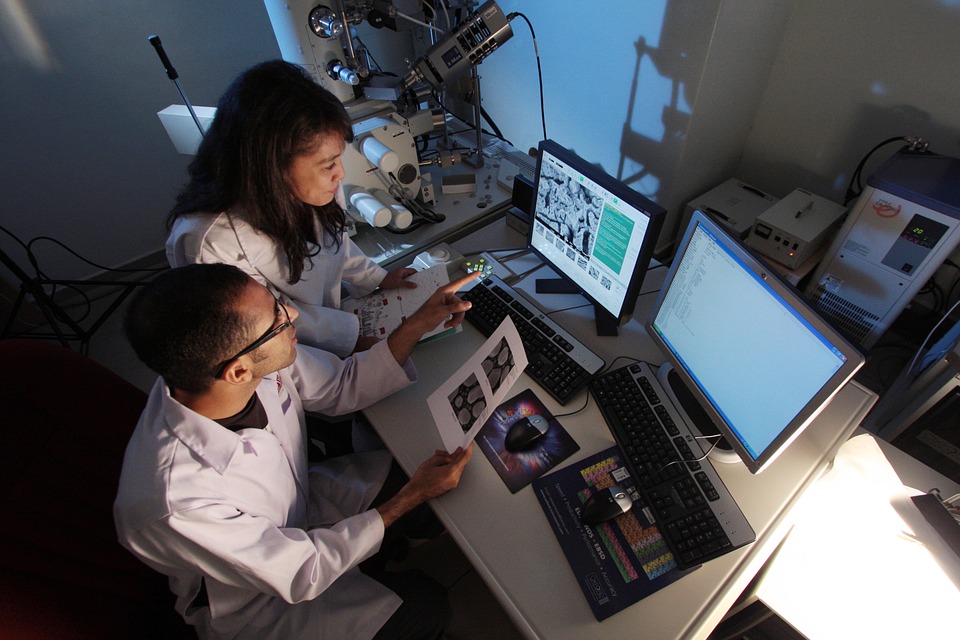
Amgen announces collaboration with Janssen to co-fund studies with Kyprolis (carfilzomib) and Darzalex (daratumumab) in patients with multiple myeloma.
Amgen announced a collaboration with Janssen Biotech, Inc. to evaluate the combination of Amgen’s Kyprolis (carfilzomib) and Janssen’s Darzalex (daratumumab) in multiple clinical studies in patients with multiple myeloma. Under the terms of the agreement, the companies may elect to supply drug only or supply drug and share development costs on a study-by-study basis.
The first study initiated as part of this agreement is a Phase 3 registrational trial evaluating Kyprolis in combination with Darzalex and dexamethasone compared to Kyprolis and dexamethasone alone in patients with multiple myeloma who have had one, two or three prior lines of therapy. The rationale for combining these agents is that they have demonstrated substantial activity in multiple myeloma, with distinct and complementary mechanisms of action. The study is anticipated to start enrolling patients in April 2017.
“Given the relapsing nature of multiple myeloma, several options are needed to attack the disease differently and keep patients in remission as long as possible,” said Sean E. Harper, M.D., executive vice president of Research and Development at Amgen. “We are excited to collaborate with Janssen to evaluate the potential of combining Kyprolis, a powerful proteasome inhibitor, with Darzalex, the first human anti-CD38 monoclonal antibody for the treatment of multiple myeloma in the relapsed setting.”
As part of an earlier and separate agreement, Amgen is also supplying Kyprolis for Janssen’s open-label Phase 1b study. The combination of Darzalex and Kyprolis is being investigated in this Phase 1b study in two cohorts. One cohort includes Darzalex in combination with Kyprolis and dexamethasone in patients who previously received one to three prior lines of therapy. The second cohort includes Darzalex in combination with Kyprolis, Revlimid (lenalidomide) and dexamethasone in subjects with newly diagnosed multiple myeloma, regardless of transplantation eligibility. Both Phase 1 cohorts are fully enrolled.
The proposed study design is a Phase 3, open-label, randomized study in multiple myeloma patients with one, two or three prior lines of therapy. Patients will be treated to progression. In the first arm, patients will receive Kyprolis twice weekly at 56 mg/m2 and dexamethasone in combination with Darzalex (KdD). In the second arm (control), patients will receive Kyprolis twice weekly at 56 mg/m2 and dexamethasone (Kd). The primary endpoint is progression-free survival (PFS) and the key secondary endpoints are overall response rate, minimal residual disease and overall survival.
Multiple myeloma is an incurable blood cancer, characterized by a recurring pattern of remission and relapse.1 It is a rare and very aggressive disease that accounts for approximately one percent of all cancers.2,3 In the U.S., there are nearly 95,000 people living with, or in remission from, multiple myeloma.4 Approximately 30,330 Americans are diagnosed with multiple myeloma each year and 12,650 patient deaths are reported on an annual basis.4
_____________________________________________________________
References:
1 Jakubowiak A. Management Strategies for Relapsed/Refractory Multiple Myeloma: Current Clinical Perspectives. Seminars in Hematology. 2012; 49(3)(1),S16-S32.
2 GLOBOCAN 2012, Global Prevalence and Incidence, available at https://globocan.iarc.fr/old/summary_table_pop_prev.asp?selection=224900&title=World&sex=0&window=1&sort=0&submit=%C2%A0Execute%C2%A0, accessed on March 9, 2015.
3 American Cancer Society. Multiple myeloma. https://www.cancer.org/acs/groups/cid/documents/webcontent/003121-pdf.pdf. Accessed on: October 30, 2015.
4 National Cancer Institute. SEER Stat Fact Sheets: Myeloma. Available at: https://seer.cancer.gov/statfacts/html/mulmy.html. Accessed on August 5, 2016.
(Source: PR Newswire)
Filed Under: Drug Discovery




